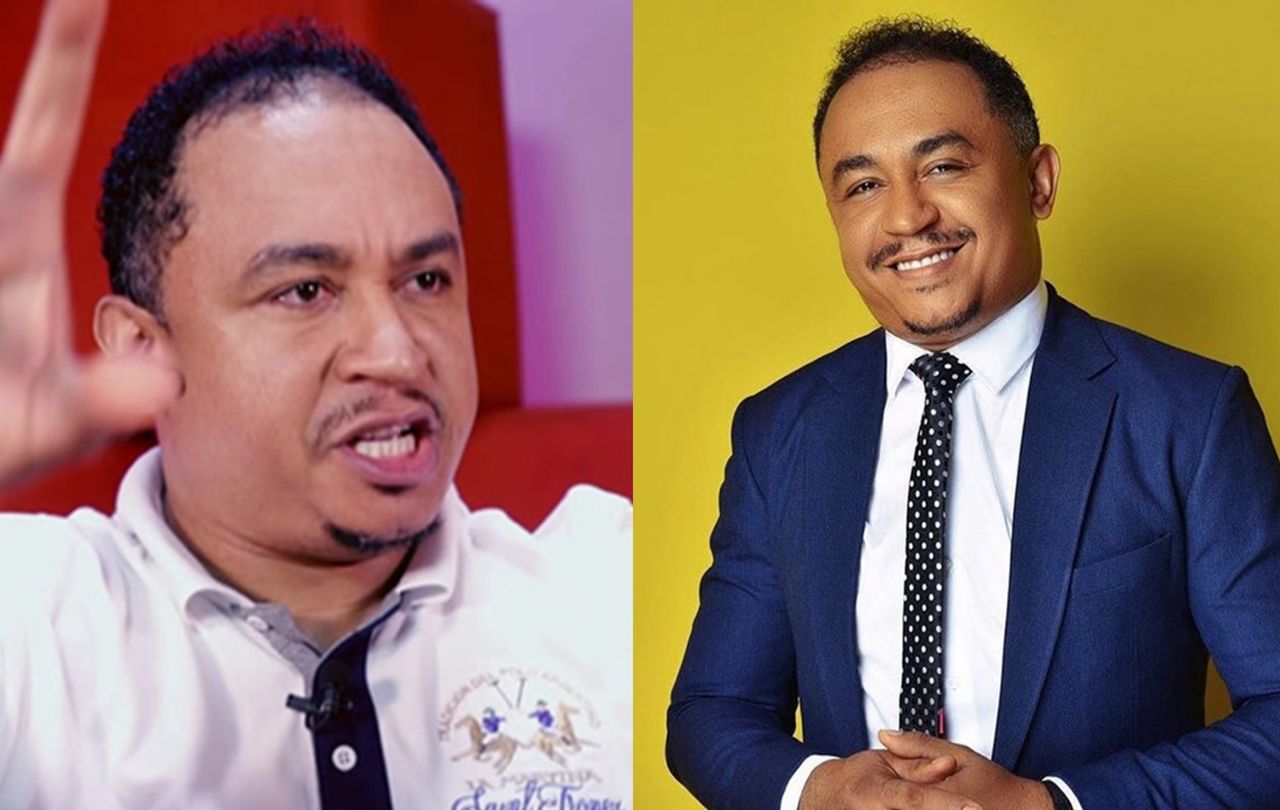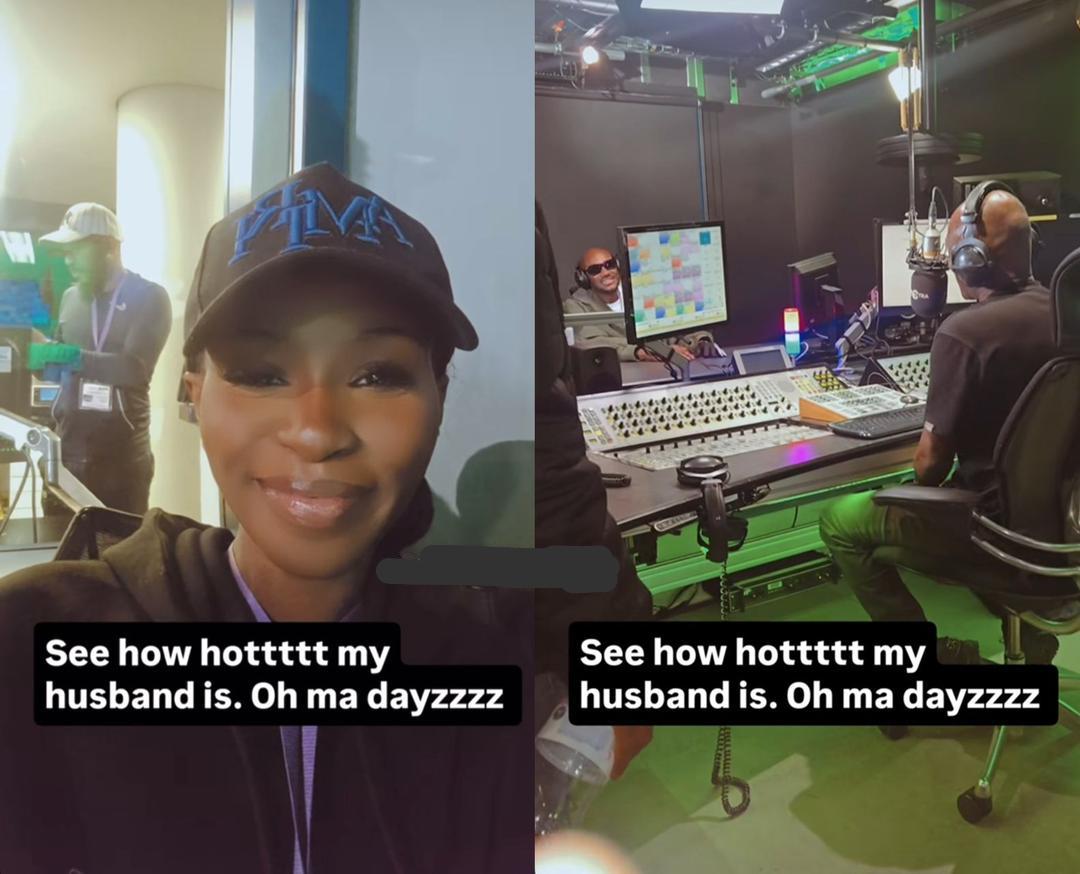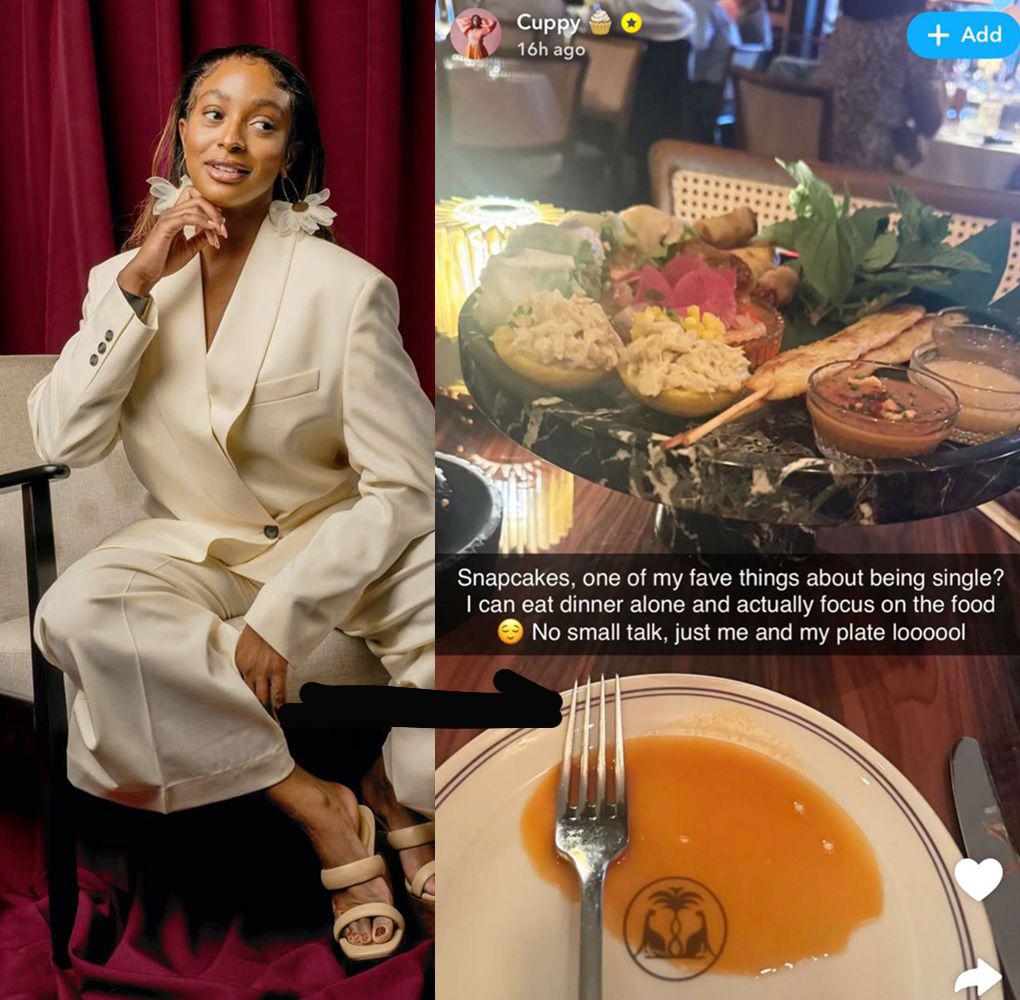
"I Lost Everything When I Spoke Out Against Nigerian Pastors" — Daddy Freeze Makes Shocking Revelation

Controversial Nigerian media personality and outspoken critic of religious excesses, Daddy Freeze, has revealed the heavy price he paid for his bold stance against some popular Nigerian pastors. In a candid and emotional confession that is already stirring intense reactions across social media, the broadcaster and free speech advocate disclosed that he lost "100% of his business" after he began calling out what he described as the manipulative and exploitative practices of certain clerics in Nigeria.
Daddy Freeze, born Ifedayo Olarinde, has never been one to shy away from controversy. Over the years, he has gained a reputation for challenging the status quo, especially regarding religion, tithing, and church leadership in Nigeria. Through his #FreeTheSheeple movement, he has consistently questioned the doctrines and teachings of some of the country’s most influential pastors, including figures such as Bishop David Oyedepo, Pastor Enoch Adeboye, and others. While his outspoken criticism has earned him a loyal following online, Freeze now admits that the backlash he faced nearly ended his career entirely.
Speaking during a recent live session, Freeze didn't mince words when recounting how his bold stance turned his professional life upside down. “When I came after Nigerian pastors, I lost 100% of my business,” he said. “People cut ties with me. Clients disappeared. Brands didn’t want to associate. I became a pariah.” The statement stunned fans and followers who had previously only seen the confident, defiant side of Freeze's persona.
According to him, the economic fallout was swift and brutal. As a radio host and media consultant with multiple endorsements and business ventures, Daddy Freeze had carved a lucrative niche for himself. But once he started challenging powerful religious institutions, the doors that were once wide open began to slam shut. “I was blacklisted in the industry,” he explained. “Suddenly, the phones stopped ringing. People who used to chase me for collaborations ghosted me overnight. It was like I had leprosy.”
The chilling revelation has reignited the long-running debate about the power wielded by religious figures in Nigeria and how critics often face silent but effective retribution. Freeze’s claim highlights what many see as a systemic intolerance toward dissent, especially when that dissent challenges religious orthodoxy. The influence of mega churches and high-profile pastors in Nigeria is not just spiritual; it's political, social, and deeply financial. For many critics, speaking against them is akin to career suicide—a sentiment Freeze seems to now confirm.
What’s more compelling is that Daddy Freeze didn’t reveal this out of self-pity, but rather as a cautionary tale. “I’m not saying this to gain sympathy,” he stated firmly. “I knew what I was getting into. I knew there would be consequences. But I didn’t expect it to be this total, this complete. When I say I lost 100%, I mean everything. Not 80%, not 90%, one hundred.”
Freeze’s transparency offers a rare glimpse into the cost of activism in Nigeria’s religious landscape. He remains convinced that many Nigerians are trapped in spiritual manipulation and financial exploitation, but fear prevents them from speaking out. “There are people in the entertainment industry who tell me privately that they agree with what I say, but they can’t go public because they’re scared of losing work or getting blacklisted,” he said. “That’s the kind of control we’re talking about.”
Despite the setbacks, Daddy Freeze remains undeterred. He insists that he has no regrets about taking the stand he did, even though it cost him everything financially. “If I had to do it all over again, I would still speak out,” he said. “Because the truth is more important than my bank account. And if we don’t challenge these systems now, who will?”
In his view, the issue goes far beyond personal vendettas or individual pastors. It’s about an entrenched culture of silence and fear. “There’s a deep fear of religious power in this country. People are afraid to even question, let alone criticize. That’s not how faith should work. Faith should be open to scrutiny. Truth doesn’t fear questions.”
His comments come at a time when the Nigerian public is becoming increasingly vocal about issues surrounding organized religion, prosperity preaching, and the accountability of spiritual leaders. Still, Freeze’s latest admission shows that for those who dare to challenge this powerful establishment, the consequences are often not just spiritual but material and social.
Social media has lit up in response to the revelation, with opinions sharply divided. Supporters laud him for his bravery and honesty, hailing him as a rare voice of reason in a sea of silence. “Daddy Freeze is paying the price for speaking truth to power,” one Twitter user posted. “He’s the only one with the guts to do what others only whisper about.” Others, however, accuse him of playing the victim, suggesting that his tone has often been unnecessarily aggressive and disrespectful. “You can’t insult people’s fathers in the Lord and expect them to do business with you,” one Instagram commenter wrote. “Freedom of speech is not freedom from consequences.”
For Freeze, the backlash isn’t new—but the financial devastation was a deeper blow than he expected. Still, he says the sacrifice was worth it. “Sometimes, losing everything is the only way to find out what really matters,” he said. “And for me, what matters is waking people up.”
His story serves as both a warning and a call to action—an unfiltered look at what happens when someone dares to challenge the most untouchable institutions in a deeply religious society. Whether you love him or hate him, Daddy Freeze has once again proven that he is unafraid to stand alone, even when the cost is everything.


